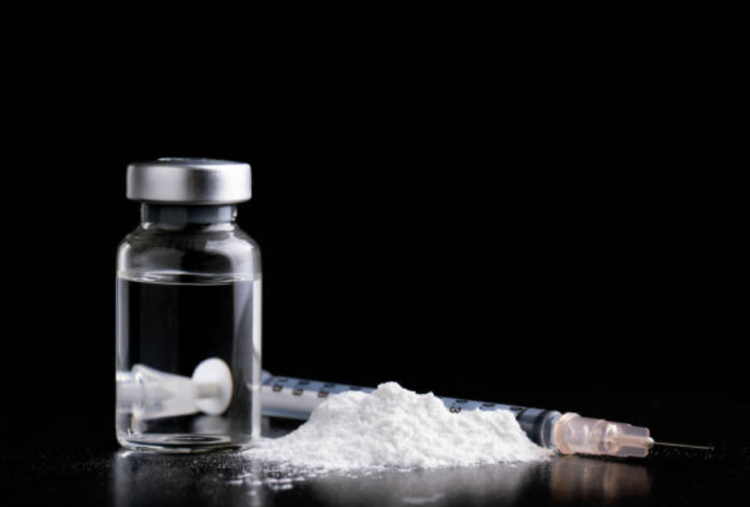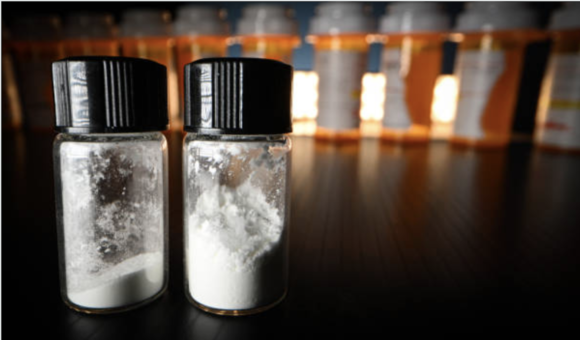The tragic death of actor Matthew Perry has unfolded into a significant criminal case, highlighting a disturbing underground network involved in the illegal distribution of ketamine. Recent developments have led to multiple arrests and federal charges, exposing the alarming nexus between celebrity addiction and illicit drug trafficking.
Federal Charges and Arrests: An Overview
U.S. Attorney Martin Estrada revealed that charges have been filed against five individuals in connection with Perry’s death, which was ruled to be caused by “acute effects of ketamine.” The network implicated includes two medical doctors, Perry’s live-in assistant, and a notorious figure in the drug trade known as “the Ketamine Queen.”
Estrada described the network as a “broad underground criminal organization” that exploited Perry’s addiction for profit. “These individuals took advantage of Mr. Perry’s vulnerability to enrich themselves, fully aware of the dangers they were imposing on him,” Estrada stated.
Key Figures in the Case
The charges have been detailed as follows:
- Jasveen Sangha, aka “the Ketamine Queen”: Sangha is alleged to have supplied the ketamine that led to Perry’s death. She faces multiple charges, including conspiracy to distribute ketamine and possession with intent to distribute methamphetamine. If convicted on all counts, she could face life imprisonment.
- Dr. Salvador Plasencia: Plasencia is accused of distributing ketamine to Perry and his assistant without legitimate medical reasons. He faces several counts related to distribution and falsification of records, potentially leading to a maximum of 30 years in federal prison.
- Erik Fleming: Fleming has pleaded guilty to conspiracy and distribution charges. He admitted to supplying Perry’s assistant with ketamine, including a significant amount shortly before Perry’s death.
- Kenneth Iwamasa: As Perry’s live-in assistant, Iwamasa administered ketamine to the actor without medical training. He has pleaded guilty to charges including conspiracy to distribute ketamine causing death.
- Dr. Mark Chavez: Chavez has agreed to plead guilty to conspiracy charges for his role in supplying ketamine to Plasencia.
The Role of Ketamine in Perry’s Death

Perry’s struggle with addiction was well-documented, and his relapse into ketamine use was a significant factor in his death. According to DEA Administrator Anne Milgram, Perry’s addiction to intravenous ketamine escalated when his legitimate sources cut off his supply. The high levels of ketamine found in his system, akin to those used in general anesthesia, suggest a dangerous misuse of the drug.
The Broader Implications
This case not only underscores the perils of addiction but also highlights the dark underbelly of the drug trade that preys on vulnerable individuals. The involvement of medical professionals and a network of suppliers demonstrates a troubling intersection of legality and illicit activity, shedding light on the need for stringent oversight and regulation.
Public and Legal Response

The arrest of these individuals has garnered significant public and media attention. The case raises questions about the responsibilities of medical professionals and the effectiveness of current drug enforcement measures. As the legal proceedings continue, the case serves as a stark reminder of the consequences of addiction and the pervasive nature of illegal drug distribution.
The legal action against those involved in Matthew Perry’s death represents a critical step in addressing the broader issues of drug abuse and trafficking. As the case progresses, it will be crucial to examine the systemic factors that allowed such a network to operate unchecked and to seek solutions that prevent similar tragedies in the future.




